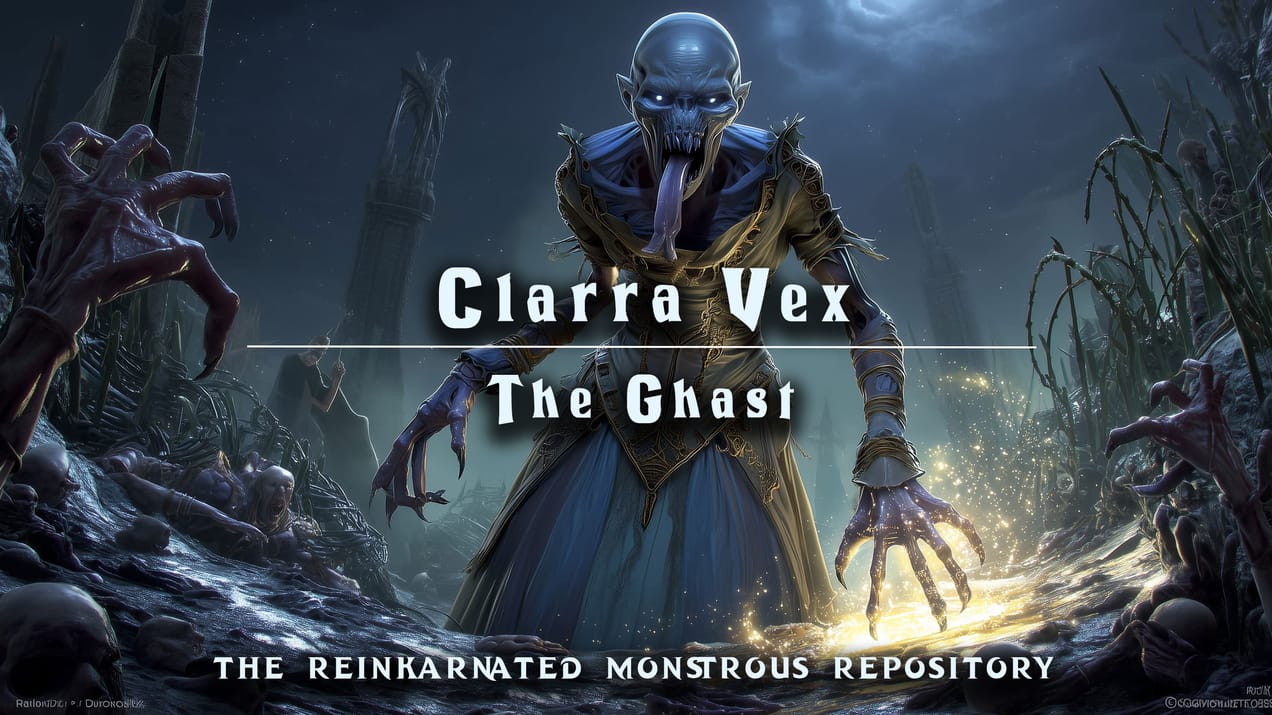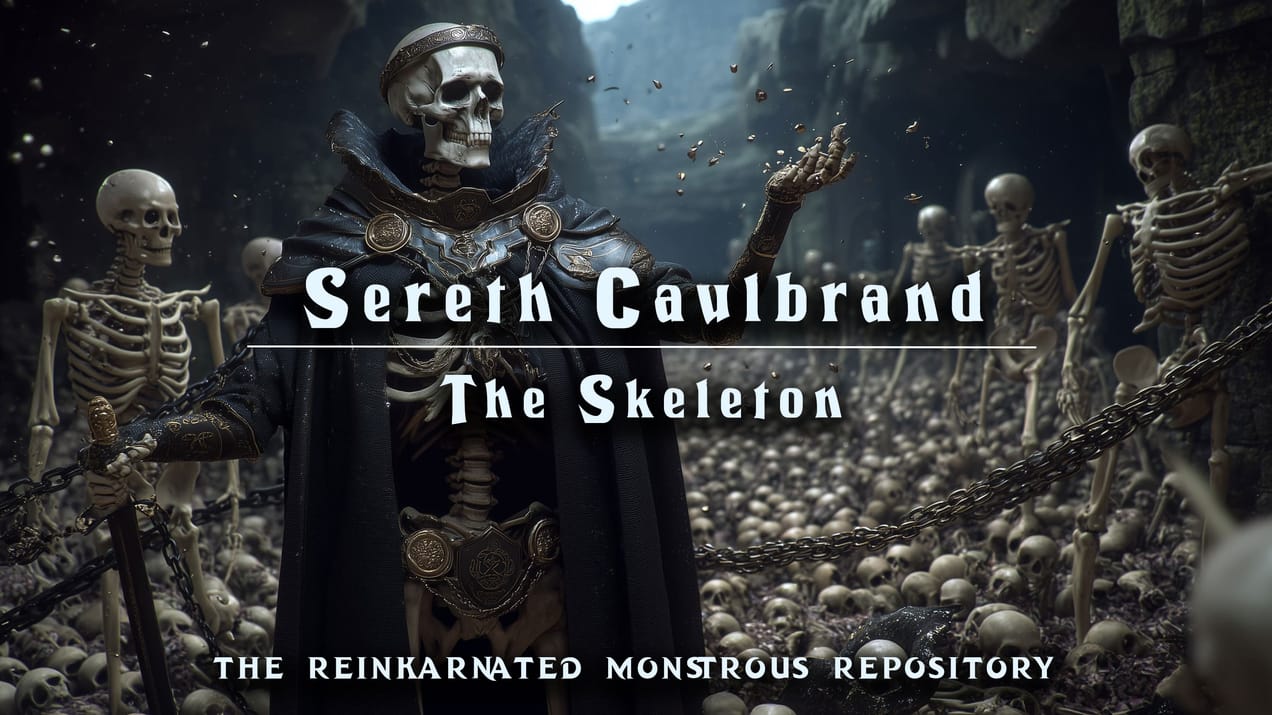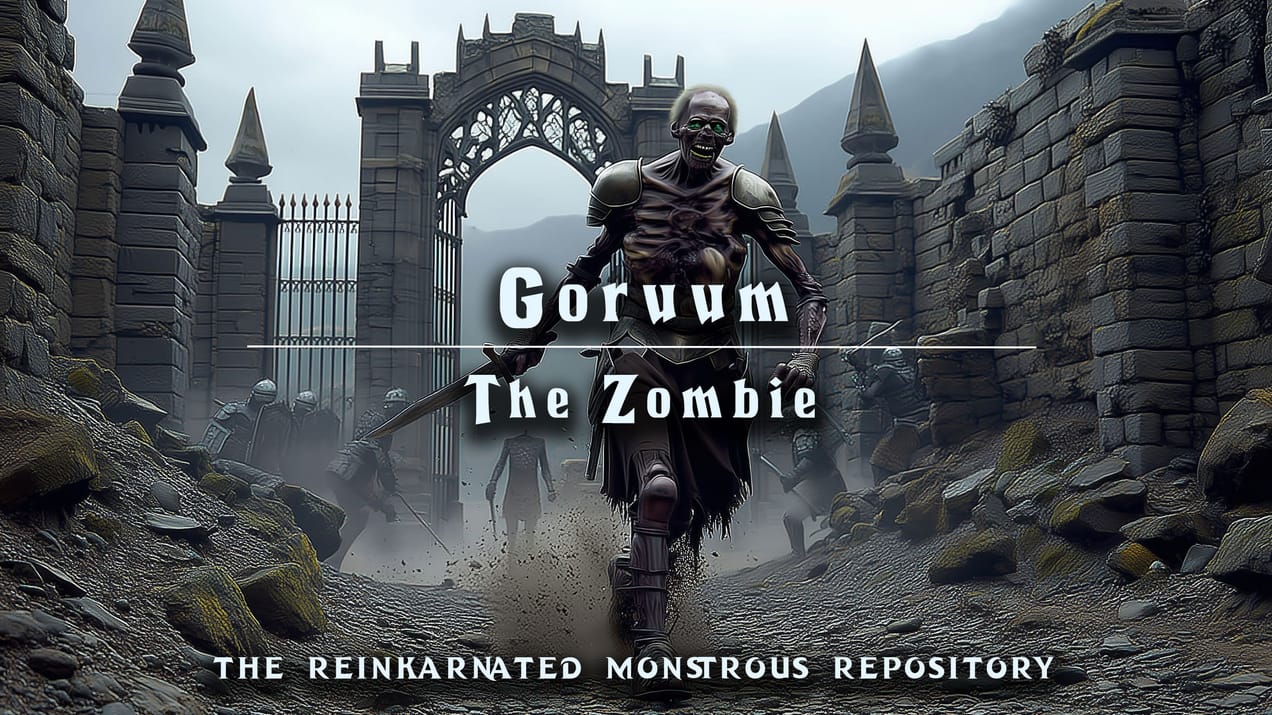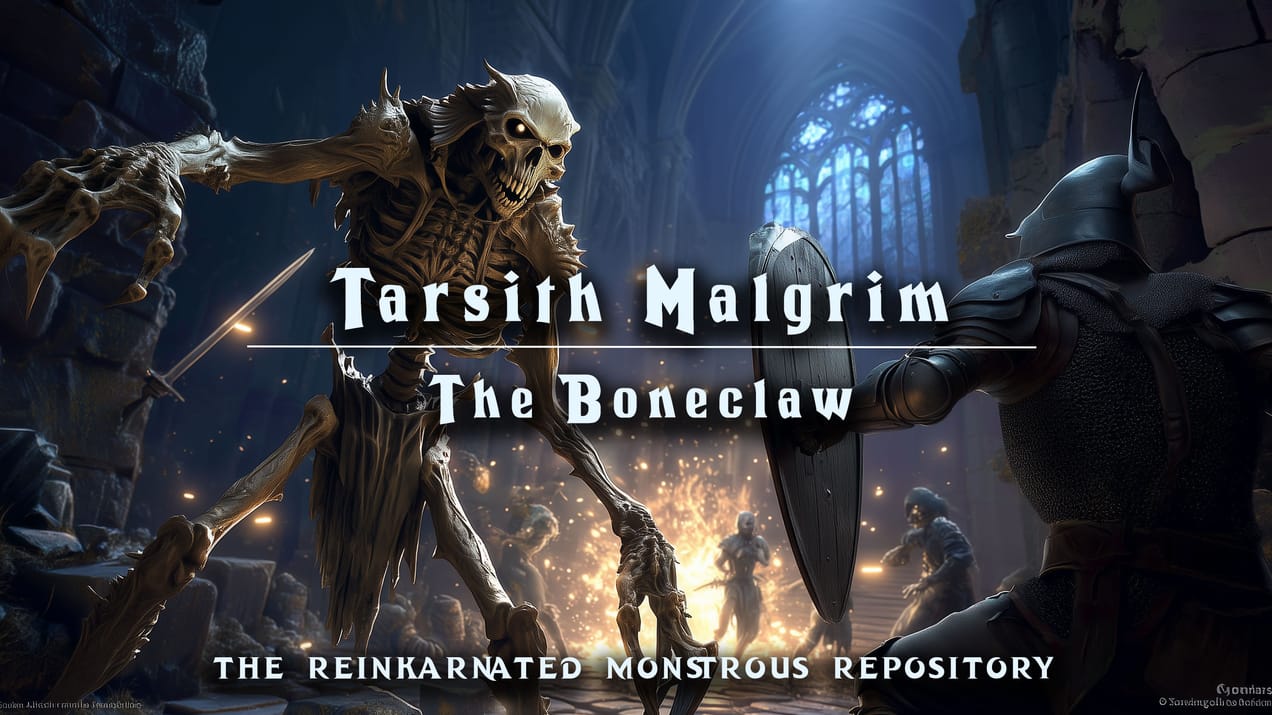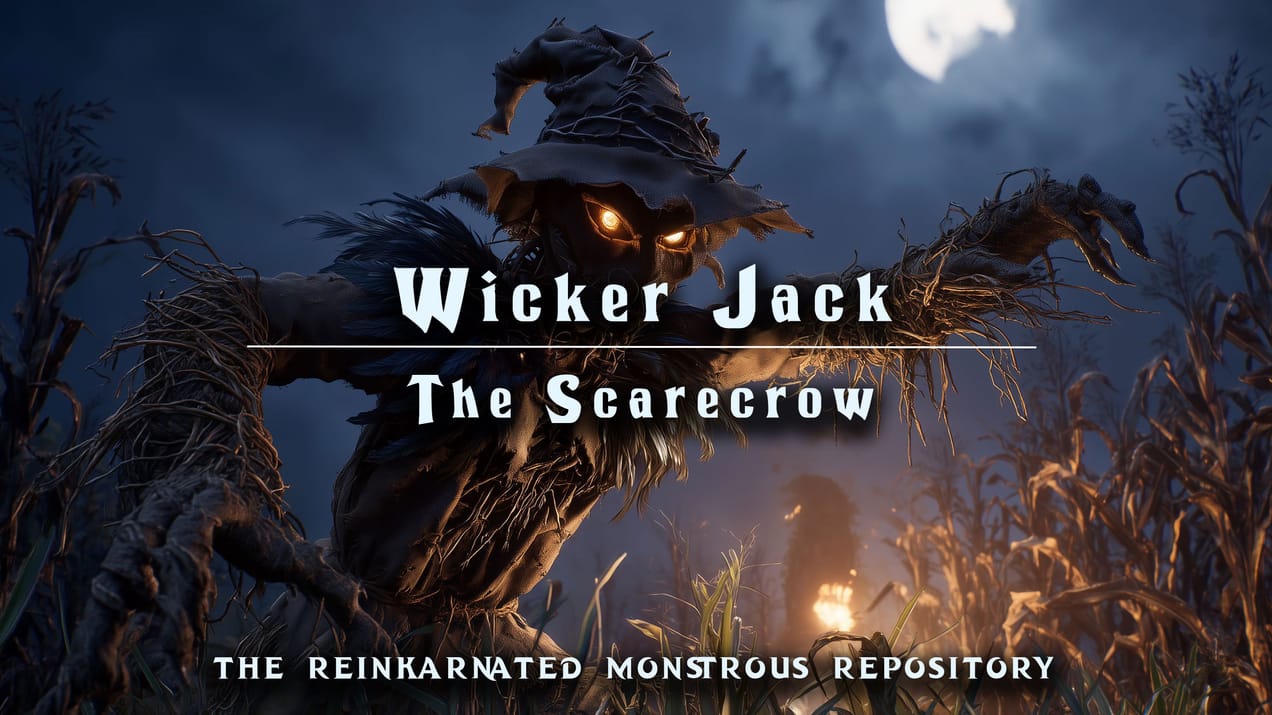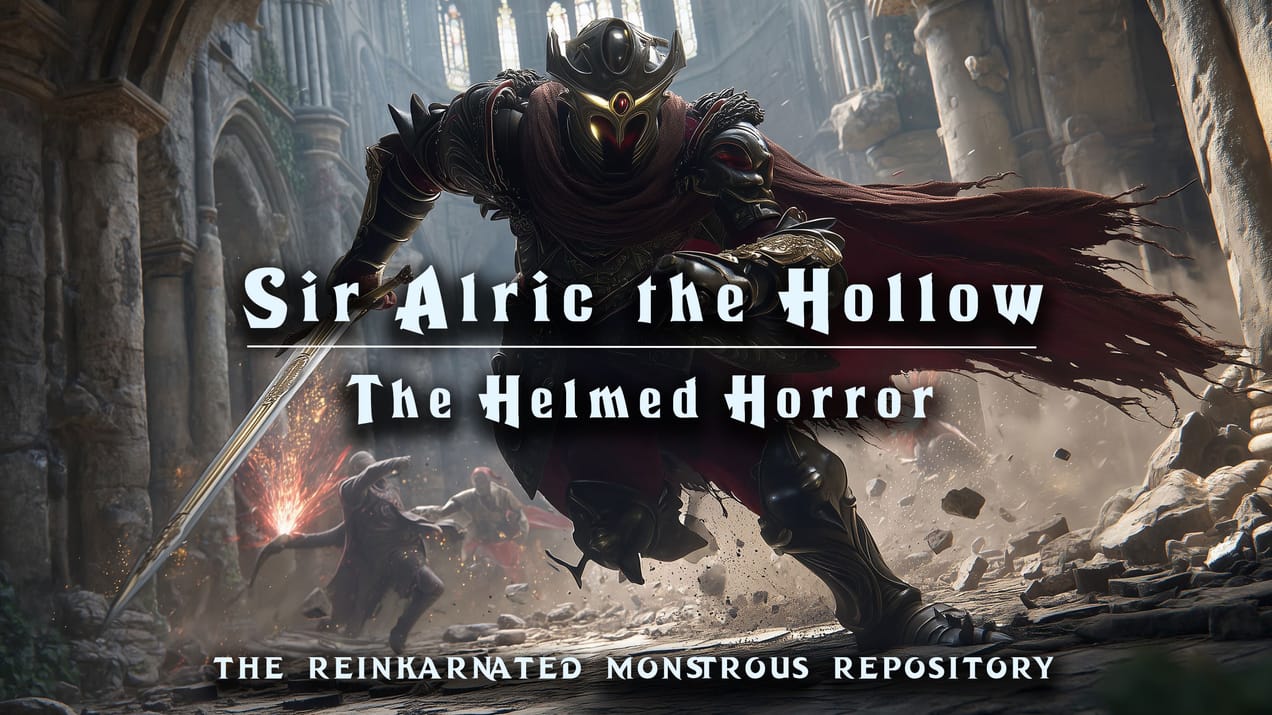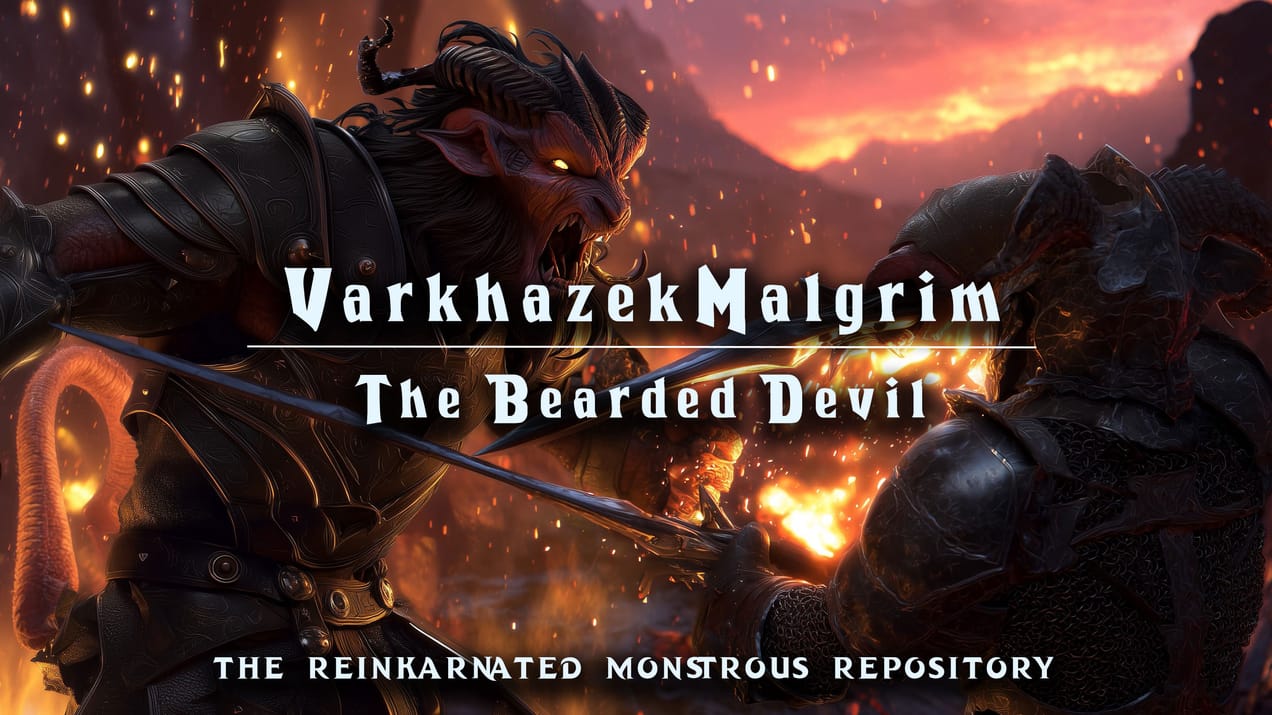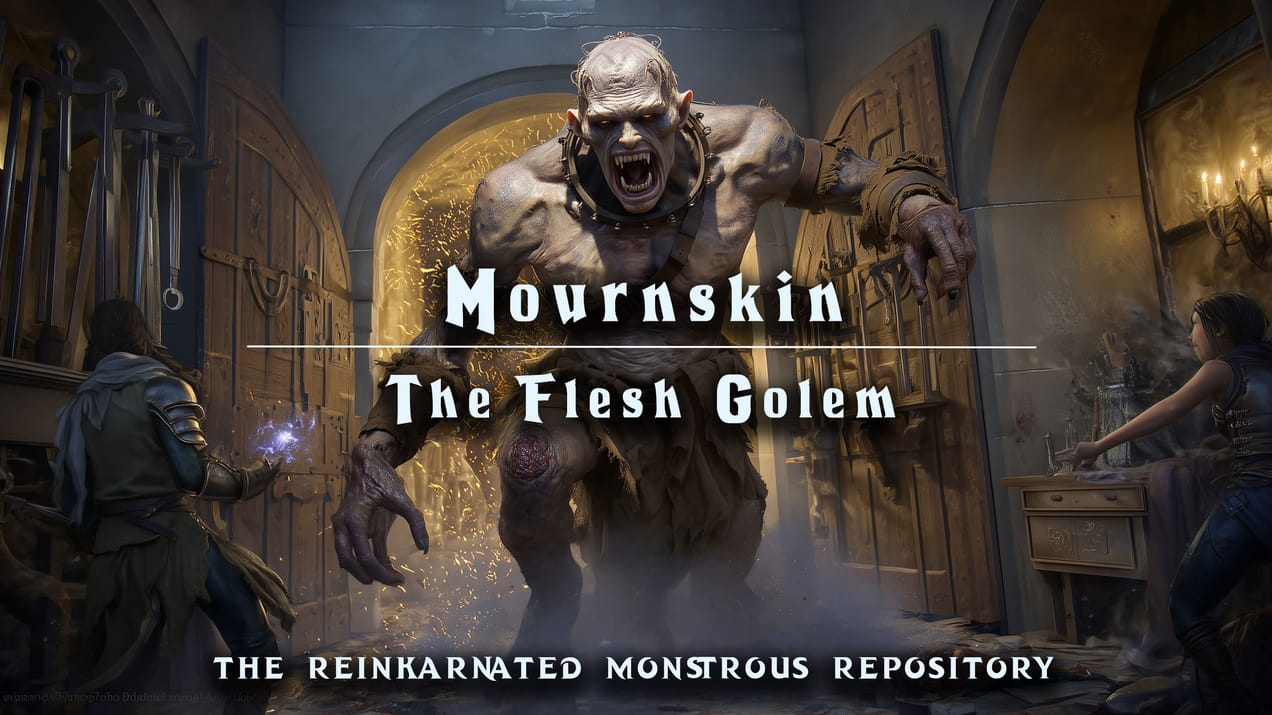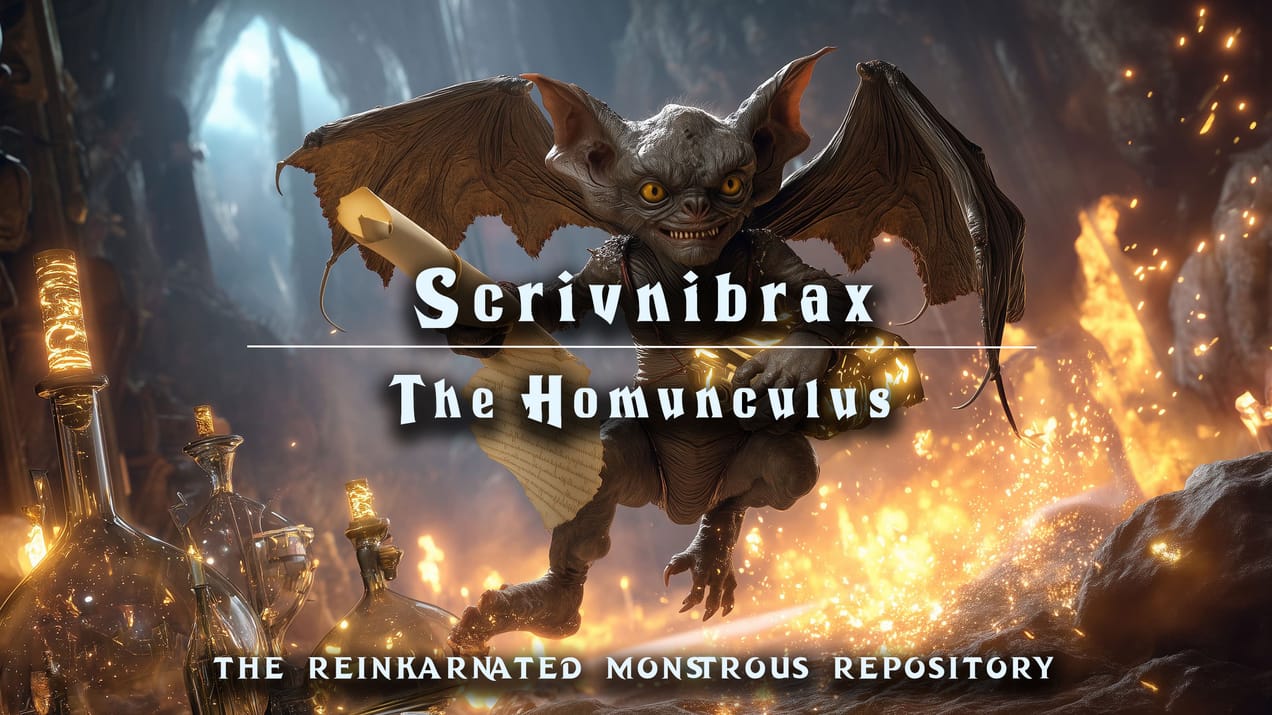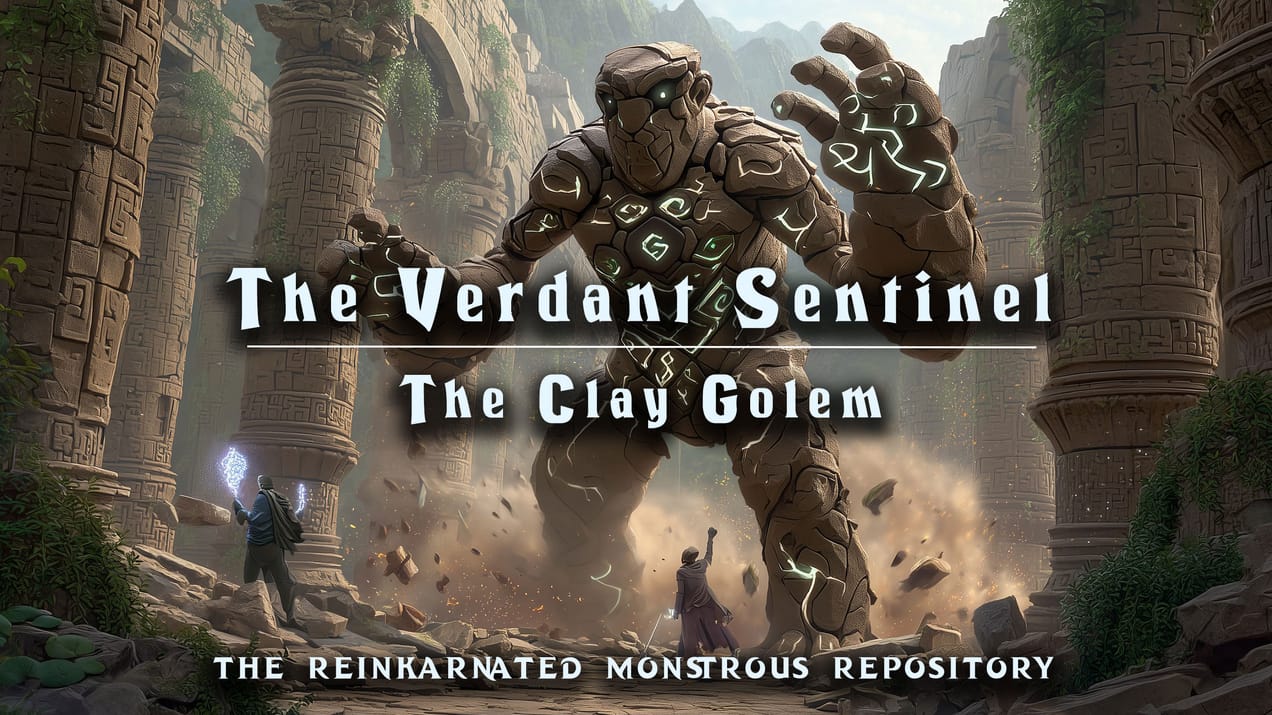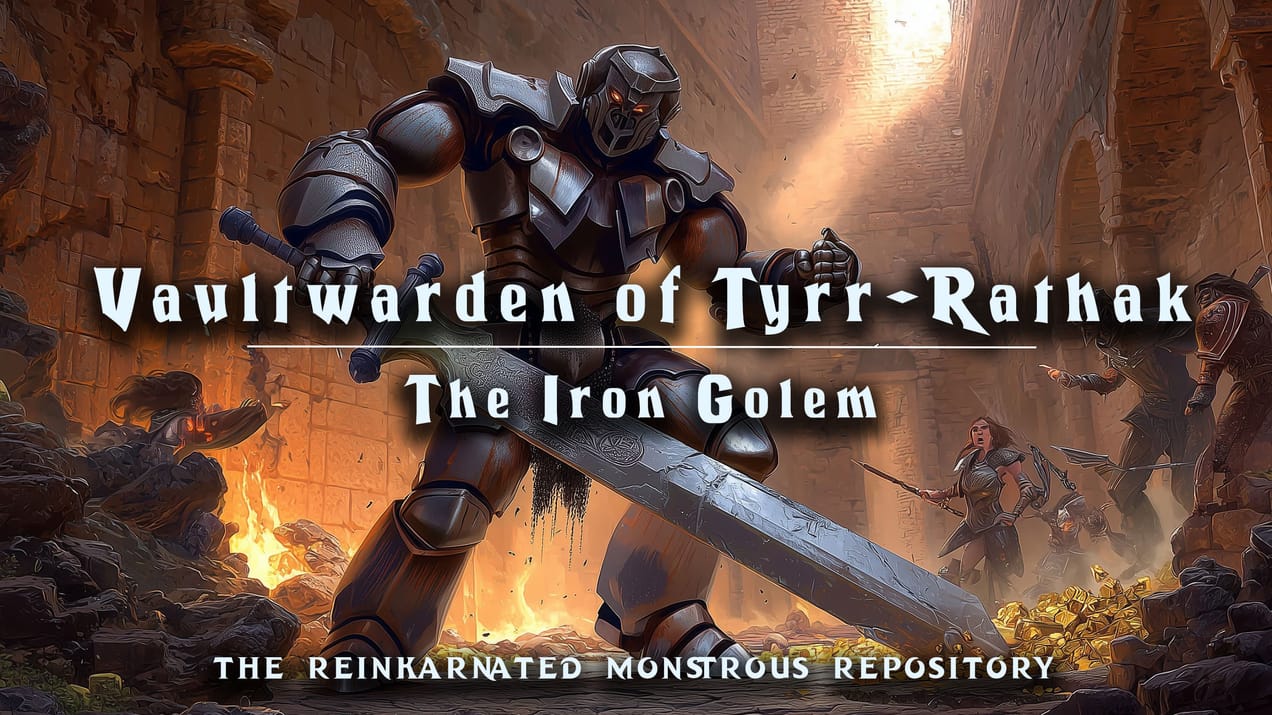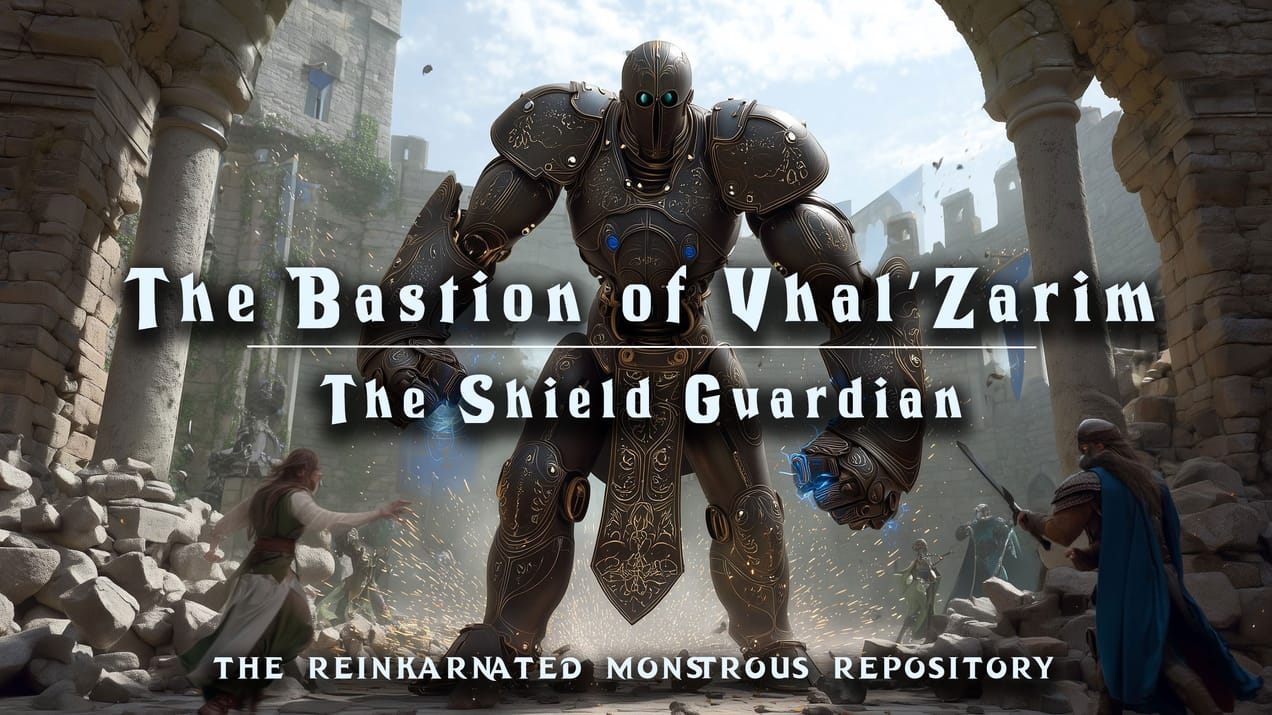Monstrous Repository
Clarra Vex - The Ghast
She doesn’t just eat the dead. She calls to them. And they answer, crawling out of the soil like children returning to their mother’s voice.
Sereth Caulbrand - The Skeleton
The bones walk not because they must—but because he wills it. You may shatter their skulls, but so long as his crown remains, so does the war.
Goruum - The Zombie
They say he still stands at the gates—armor rusted into his flesh, eyes full of that dull, waiting hate. He doesn’t wander. He doesn’t moan. He just waits… for the call.
Tarsith Malgrim - The Boneclaw
You don’t summon a Boneclaw. You birth one—when you make a promise soaked in blood, and break it.
Wicker Jack - The Scarecrow
Don’t look it in the eyes. Don’t call it by name. And never wander the fields after dark — or you’ll hear the rustling.
Sir Alric the Hollow - The Helmed Horror
He doesn’t speak. He remembers. Every cut, every betrayal, every broken oath etched in steel. You don’t just die fighting the Hollow—you’re judged.
Varkhazek - The Bearded Devil
He fell from the skies like a comet of iron and rage. And when he stood, the ground burned with his name.
Mournskin - The Flesh Golem
He walks the old ward each night, dragging chains that whisper in tongues long dead. Some say if you follow him, you’ll hear your name stitched into his skin.
Scrivnibrax - The Homunculus
A flicker of leathery wings. The scent of brimstone ink. Then: a scroll — ancient, enchanted, and binding — lands at your feet. It bears your name. And behind it floats a grinning thing with too many teeth and a very official-looking seal.
The Verdant Sentinel - The Clay Golem
They say it was once a guardian of the gods. Now it stands in the overgrown halls of the jungle temples, motionless until your blade dares to draw blood within sacred ground.
The Vaultwarden of Tyrr-Rathak - The Iron Golem
It doesn’t bleed, doesn’t speak, doesn’t stop. You don’t steal from Tyrr-Rathak — not twice. The golem remembers.
The Bastion of Vhal’Zarim - The Shield Guardian
Still it waits beneath the overgrown ruins, motionless and watchful. They say if you speak the name of its long-dead master, it turns its head. But only once.
